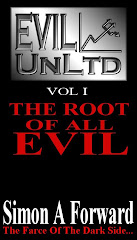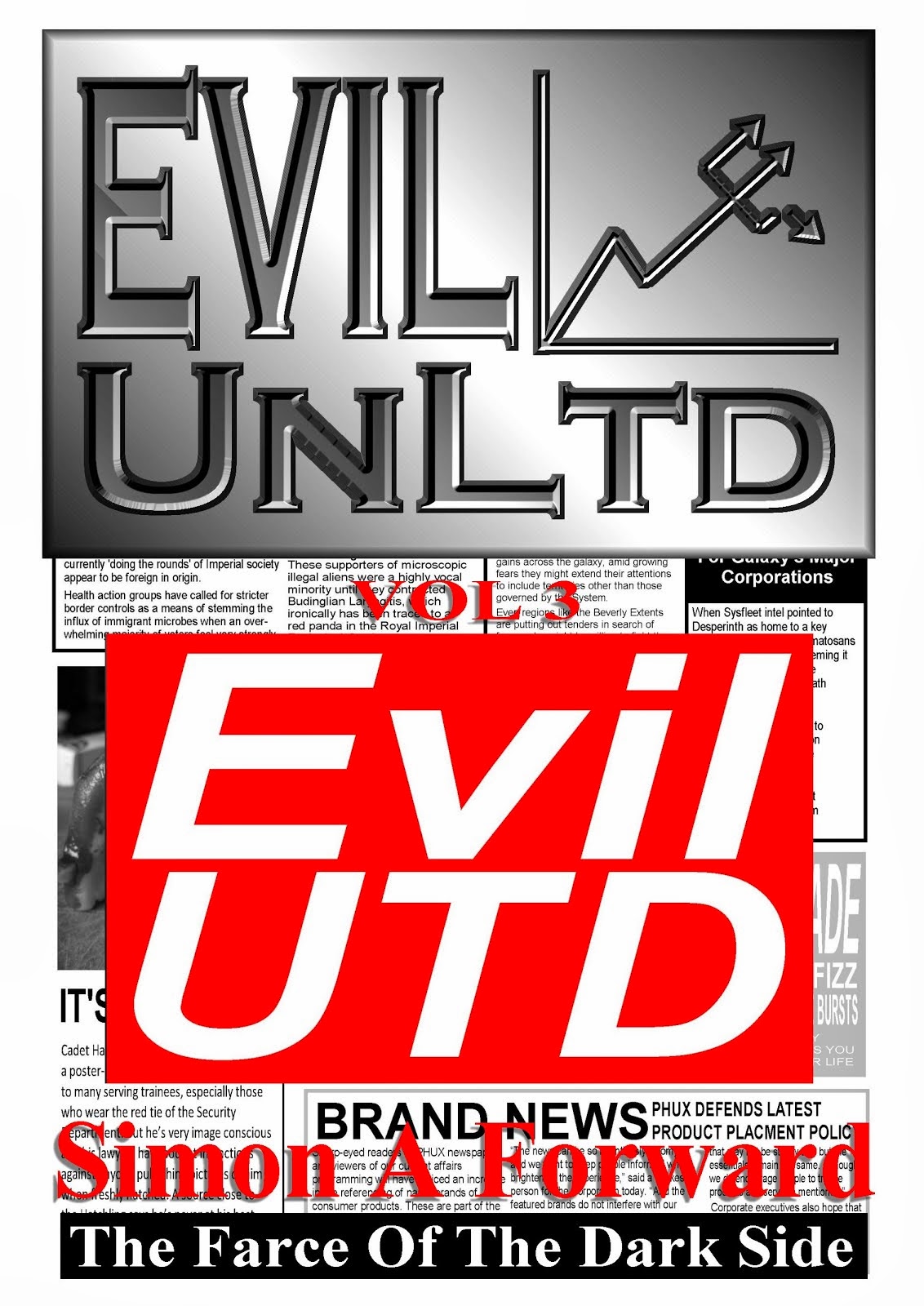Not wishing to miss a single minute of Saturday night’s Doctor Who, I set the recorder timer five minutes early and caught what appeared to be a bizarre nightmarish quiz show featuring Jason from The Gadget Show and a robot hare. I can only pray it was some kind of one-off Easter weekend ‘treat’ and not a virus that will be attaching itself to all my future Saturday tea-time recordings.
Thank Moffat for what followed.
True to say, he’d have had to come up with something seriously screwy to look bad in the wake of the Easter Bunnybot. As it was, it was only madcap in a good way.
In some respects it was a familiar Moffat medley. Much playing with time, including the Doctor sending messages to himself; quantum-theory-inspired aliens – in place of the Weeping Angels who only moved when you weren’t looking at them, we have aliens who are only memorable while you’re watching them. An homage to a number of RTD episodes – the titles of which escape me for the moment - if ever there was one. In appearance, the creatures here are like a creepy hybrid of the classic abduction-myth alien with a hint of Oodishness and the tall, spindle-limbed Gentlemen from Buffy. Makes you wonder whether Moffat is working towards an homage to the masterful Buffy episode Hush with his ominous, mysterious ‘Silence’ that’s still a threat lurking in the wings from last season. Wherever we are headed, however, this first episode was infused with Moffat’s customary energy, drive and wit, tinged with darkness and tragedy, laced with healthy doses of downright creepiness and spiked with a dozen intriguing hooks.

It’s a potent concoction and although like many a two-parter before it, it could all fall apart next week, at this stage it’s managed to generate a positive buzz in the way that last year’s Time Of Angels did. The expectation and anticipation are all very much there for a great second half. To say nothing of a host of speculations and theories, all of which I’ve no doubt will be proven wrong. Whatever I think the answers are, another familiar element to the Grand Moff’s writing is his capacity to surprise.
There are niggles so minor they’re hardly worth mentioning, but I will just to be fair. First and by any means least, River’s gun, when she fires off a few shots at the eponymous Astronaut, makes revolver sounds but there’s no smoke from the barrel. Nothing. It’s only a stupid little detail, but it did give rise to a momentary disbelief-suspension malfunction.
It was great to see Mark Sheppard, from BSG, Firefly, X Files and a host of other things, involved as the impressively named Canton Everett Delaware III, and the throwaway reference to his marriage being illegal was as deft a hint of a character’s sexuality as I’ve ever seen in modern Who.
But his character seems a bit underused so far. I’m not sure what purpose he serves, least of all in the four invites to witness the Doctor’s death. His older self declares, “I probably won’t see you again, but you’ll see me.” So presumably he was invited there for, what? His own sense of closure, a chance to say goodbye? What? Inquiring minds need to know, Mr Moffat. Still, that’s part of the mystery – the niggle lies in his younger self’s role – apart from advising Nixon (a passable and entertaining turn from Stuart Milligan) to hear the Doctor out, all he’s done thus far is tag along and get biffed on the head. Rory, brilliant as ever, seems similarly sidelined and/or displaced. Here’s hoping we see both get to do more integral proactive stuff next week.
Likewise, since they went to the trouble of filming on location, I’d like to see more of America. I’m not talking Oval Office sets. More use of real-world setting, whether scenery or identifiably American interiors – even though I appreciate they’ve made life difficult for themselves by zapping back to the 60s.
Otherwise, fantastic. As dull as a conclusion that is, I’m sorry but I thoroughly enjoyed it. The chemistry between the Doctor and Amy (I’m sure I’ve mentioned how much I love Karen Gillan) and River (I think I’ve mentioned how much I love Alex Kingston) creates sparks all over the place and it’s all too easy to get caught up in their interchanges as well as the pace of the whole thing. And yet Moffat is careful to make sure it’s not all break-neck speed. We get moments to reflect, time outs like the lakeside picnic and River’s confiding in Rory, so that when the accelerator ramps up we really feel the rush. The suspense and the scares are all very well handled, the shot of all those aliens lurking in the tunnels, caught in River’s flashlight beam, is a particularly great slice of chill. And Amy’s and River’s grief at the Doctor’s death is played with such conviction, it’s genuinely affecting. Sure, we know he’s not dead and there will be timey-wimey trickery at work, but the reactions lend it the impact it needs. The Doctor’s immortality may be a certainty in episode one of a new season and it’s all so clearly staged like an Agatha Christie murder mystery where the host wants the guests to believe he’s dead, but I definitely feel invested in the how and why of the resolution.
Obviously I’m not going to share any of my wild speculations here, for fear that they are far too wild and I will end up looking a fool. Except, River Song is an anagram of Snog River... Coincidence? I think not. Something to ponder anyway.
Meanwhile, I am anxious to discover how long I have to go without seeing that robot hare before it fades from memory. Sadly, it hasn’t happened yet.
SAF









